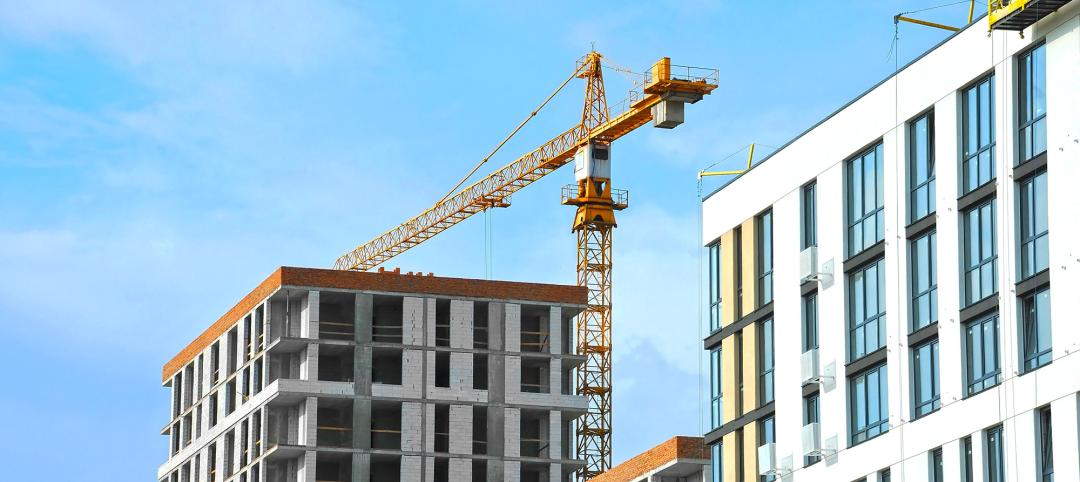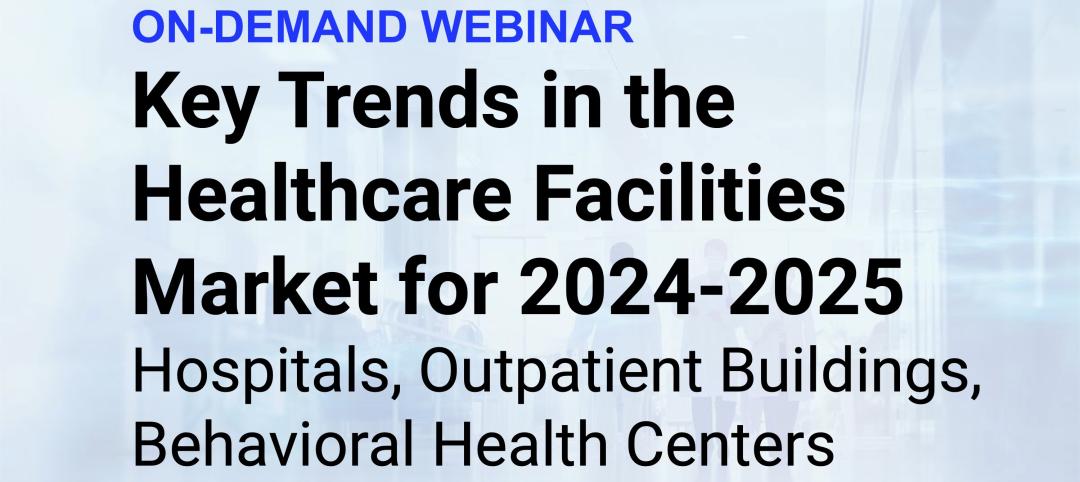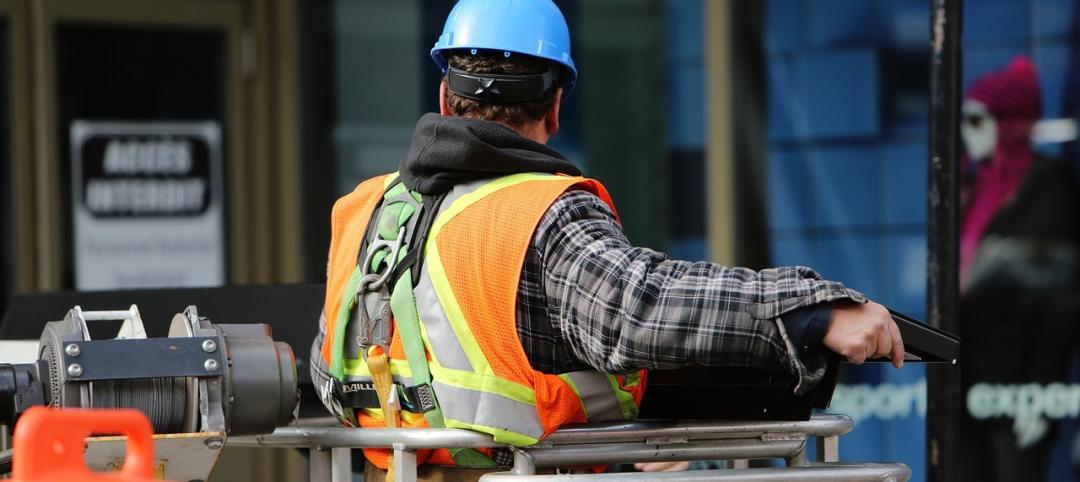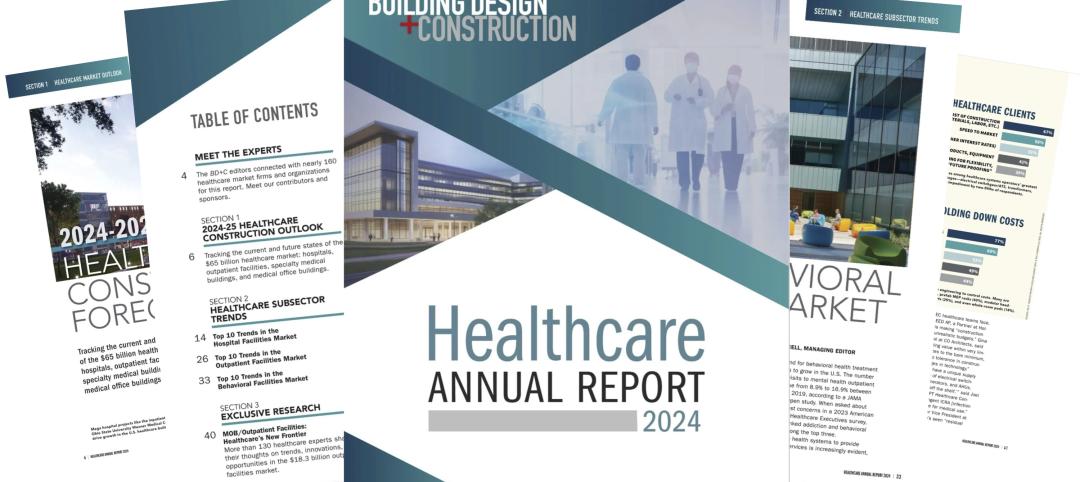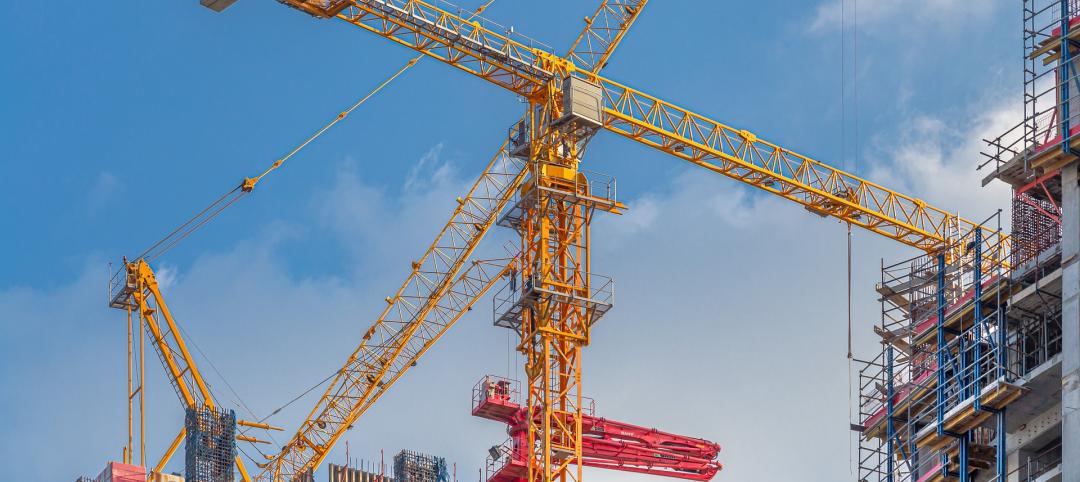Leopardo Companies, a construction firm serving Chicago and the Midwest, has released its 2017 Construction Economics Report and Outlook, an in-depth analysis of factors that impact development, renovation and build-out costs in commercial facilities, including the office, industrial/manufacturing, retail, multifamily, healthcare and lodging sectors.
Nationally, year-over- year construction spending increased by 4.2 percent in December 2016, as total volume reached an estimated $1.182 trillion. The pace of growth, however, was less than in 2015, when volume increased by 8.7 percent. The slowdown in growth was due to firms pulling back on capital expenditures and speculative development amid concerns about the global economy, political uncertainty, volatility in energy prices, rising construction labor costs and a cautious environment for construction financing.
Chicago and suburban areas experienced construction gains in the office, industrial, healthcare and multifamily sectors, while volume was flat in the retail and homebuilding sectors. The Chicagoland market also saw a 1.4 percent drop in construction employment, compared to a national average increase of 2.2 percent. The loss of construction jobs exacerbates the challenge of rising labor costs in the sector, which will continue into 2017 and beyond.
“We expect to see the construction market resume its healthy pace of growth this year, after a slight slowdown in the second half of 2016 due in part to the uncertainty of the presidential election,” said Leopardo Vice President Mark Yanik. “Although it’s too soon to know the impact of the Trump administration on demand for commercial real estate, some early signs are potentially favorable to our industry, such as plans to withdraw from the Trans-Pacific Partnership, renegotiate the North American Free Trade Agreement, and ease banking regulations.”
Key findings in the report include:
Office construction spending grew 20.9 percent during 2016, driven by growth of the technology sector. Office space will continue to be in high demand in cities like Chicago that are well-suited to millennials’ desire for live-work- play neighborhoods. However, companies that are concerned about high labor cost are increasingly interested in lower-cost markets like Salt Lake City, Denver and San Antonio.
Construction spending in the U.S. manufacturing sector contracted 4.3 percent in 2016 after a record-setting 33.3 percent growth rate in 2015. In the Chicago area, however, industrial/manufacturing construction reached an all-time high last year, as record levels of net absorption reduced occupancies and increased rental rates across the region.
U.S. healthcare construction spending grew 1.7 percent to $41.4 billion by the end of 2016, down 5.4 percent from the previous year. Rising healthcare costs have prompted a shift from hospitals to outpatient facilities, driving demand for medical office buildings and helping to backfill vacancies in retail strip centers. This trend extends to the Chicago area, where new regional clinics are under way to be closer to patient populations.
Download the full 2017 Construction Economics Report and Outlook for free.
Related Stories
MFPRO+ Research | Aug 9, 2024
Apartment completions to surpass 500,000 for first time ever
While the U.S. continues to maintain a steady pace of delivering new apartments, this year will be one for the record books.
Contractors | Aug 1, 2024
Nonresidential construction spending decreased 0.2% in June
National nonresidential construction spending declined 0.2% in June, according to an Associated Builders and Contractors analysis of data published today by the U.S. Census Bureau. On a seasonally adjusted annualized basis, nonresidential spending totaled $1.21 trillion. Nonresidential construction has expanded 5.3% from a year ago.
Office Buildings | Jul 22, 2024
U.S. commercial foreclosures increased 48% in June from last year
The commercial building sector continues to be under financial pressure as foreclosures nationwide increased 48% in June compared to June 2023, according to ATTOM, a real estate data analysis firm.
Construction Costs | Jul 18, 2024
Data center construction costs for 2024
Gordian’s data features more than 100 building models, including computer data centers. These localized models allow architects, engineers, and other preconstruction professionals to quickly and accurately create conceptual estimates for future builds. This table shows a five-year view of costs per square foot for one-story computer data centers.
Healthcare Facilities | Jul 16, 2024
Watch on-demand: Key Trends in the Healthcare Facilities Market for 2024-2025
Join the Building Design+Construction editorial team for this on-demand webinar on key trends, innovations, and opportunities in the $65 billion U.S. healthcare buildings market. A panel of healthcare design and construction experts present their latest projects, trends, innovations, opportunities, and data/research on key healthcare facilities sub-sectors. A 2024-2025 U.S. healthcare facilities market outlook is also presented.
Market Data | Jul 16, 2024
Construction spending expected to rise, despite labor and materials snags
In the first half of 2024, construction costs stabilized. And through the remainder of this year, total cost growth is projected to be modest, and matched by an overall increase in construction spending. That prediction can be found in JLL’s 2024 Midyear Construction Update and Reforecast.
Healthcare Facilities | Jul 11, 2024
New download: BD+C's 2024 Healthcare Annual Report
Welcome to Building Design+Construction’s 2024 Healthcare Annual Report. This free 66-page special report is our first-ever “state of the state” update on the $65 billion healthcare construction sector.
Contractors | Jul 9, 2024
The average U.S. contractor has 8.4 months worth of construction work in the pipeline, as of June 2024
Associated Builders and Contractors reported today that its Construction Backlog Indicator increased to 8.4 months in June, according to an ABC member survey conducted June 20 to July 3. The reading is down 0.5 months from June 2023.
Office Buildings | Jul 8, 2024
Office vacancy peak of 22% to 28% forecasted for 2026
The work from home trend will continue to put pressure on the office real estate market, with peak vacancy of between 22% and 28% in 2026, according to a forecast by Moody’s.
Apartments | Jun 25, 2024
10 hardest places to find an apartment in 2024
The challenge of finding an available rental continues to increase for Americans nation-wide. On average, there are eight prospective tenants vying for the same vacant apartment.



